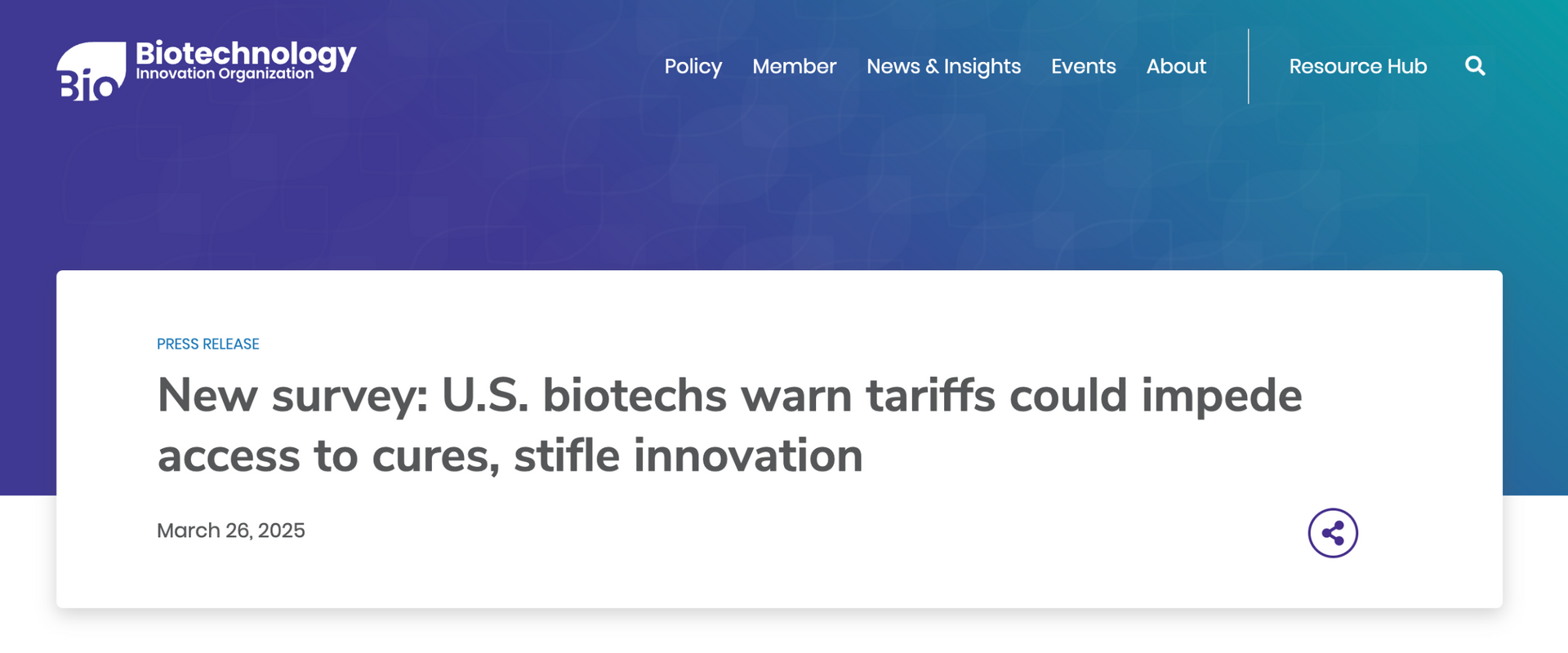Section 174 Struggles Persist: Advocacy Pushes for Relief in 2025
No R&D Tax Amortization Relief

The Tax Relief for American Families and Workers Act of 2024, the $78 billion tax package passed by the House in January that would’ve restored full expensing under Internal Revenue Code Section 174 continued to be blocked by Senate Republicans through the end of session and thus died.
The Senate’s failure to move forward the Section 174 fix, means that taxpayers will continue to struggle through the adverse impacts and uncertainty associated with research expense capitalization for at least one more tax filing season.
The fate of the unpopular capitalization law change is a guessing game for 2025, despite bipartisan support to see full expensing restored. Hope is that repeal legislation will be introduced early in the new session.
MichBio continues to press for a fix to Section 175 and provide relief for so many life science companies, especially in early-stage commercialization. It will be our #1 policy priority for 2025.
RECENT ARTICLES




